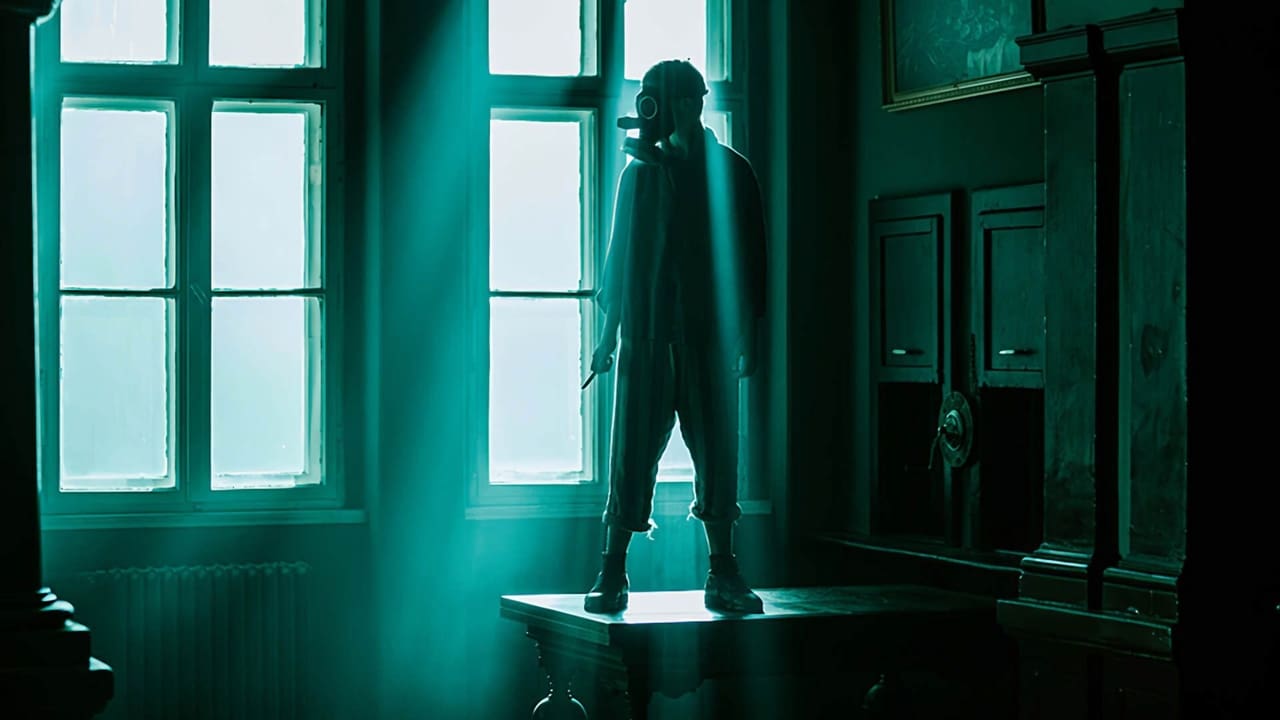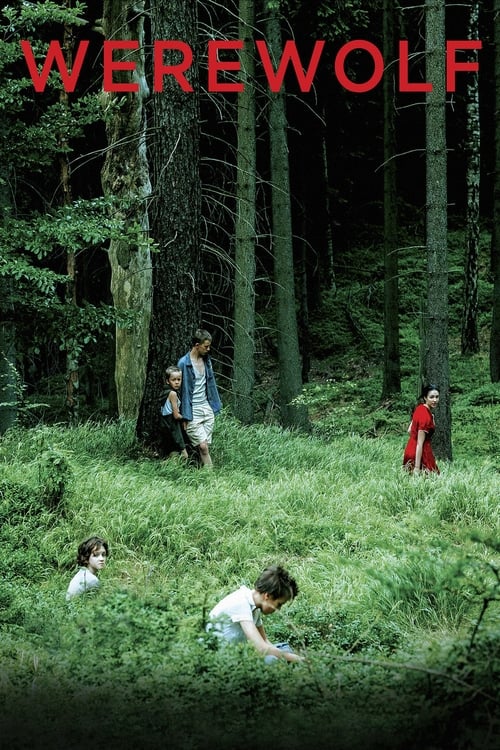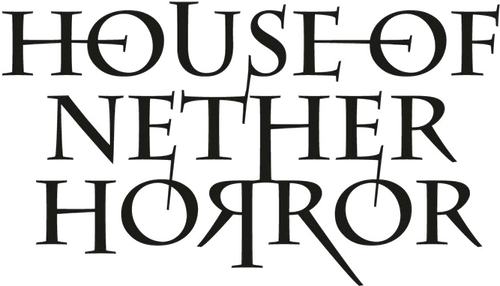
 No results found!
Please adjust your filters or try again.
No results found!
Please adjust your filters or try again.
Werewolf

Summer of 1945. A temporary orphanage is established in an abandoned palace surrounded by forests for the eight children liberated from the Gross-Rosen camp. Hanka, also a former inmate, becomes their guardian. After the atrocities of the camp, the protagonists slowly begin to regain what is left of their childhood but the horror returns quickly. Camp Alsatians roam the forests around. Released by the SS earlier on, they have gone feral and are starving. Looking for food they besiege the palace. The children are terrified and their camp survival instinct is triggered.






























A World War II political allegory/fairy tale/coming of age drama wrapped up in a horror aesthetic that works exceptionally well
Part-World War II/concentration camp drama, part-fairy tale, part-psychological study of how even children can descend into barbarism given the right circumstances, part-allegory for what happened to the Polish people after German occupancy was replaced with Soviet occupancy, all wrapped up in the aesthetic and tonal qualities of a horror movie, Wilkołak is a parable of violence and lost innocence. The title is a rather clever play on the figure of the lycanthrope as found in literature dating back to at least the Middle Ages – the film depicts children who are ravenous and uncontrollable and dogs who are ravenous and uncontrollable, but there's no werewolf unless one combines the two groups on an abstract thematic level. Which, of course, is exactly what the title is inviting us to do.
For my complete review, please visit: https://boxd.it/PRhrt